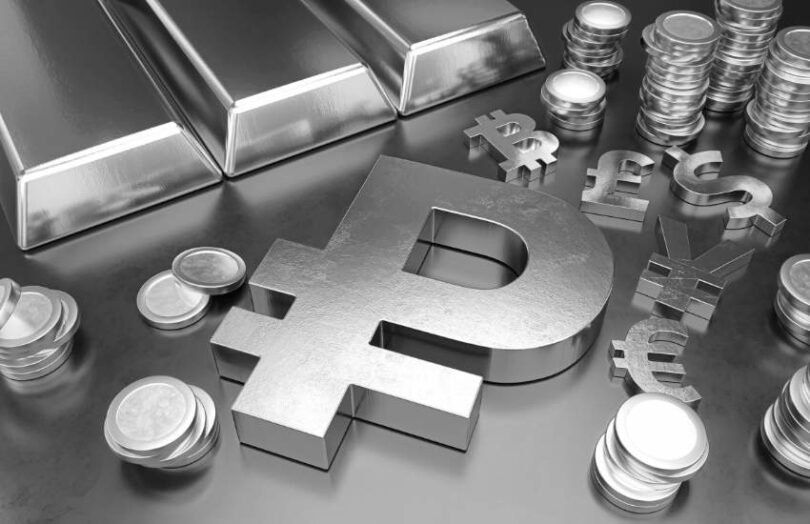When the Bank of Russia first unveiled plans for a central bank digital currency (CBDC) three years ago, it indicated an intent to be able to ban certain organizations or individuals from accessing the digital ruble. For example, in the case of fraudsters or tax evaders. Now a senior Russian legislator reiterated that the digital ruble will be programmable, and transfers can be restricted.
Kommersant Radio spoke to Anatoly Aksakov, who they described as the author of the digital ruble law. He Chairs the State Duma committee on financial markets.
Regarding transfer restrictions, he said “I had in mind the financing of government contracts. There are times when money is allocated but the task is not completed.”
He then described an even more benign application, such as parents ensuring that children spend pocket money on meals and textbooks rather than games.
“Can the state interfere in this process? I admit that this is also possible, although we have not yet developed such a procedure for using digital rubles,” he added. “The Central Bank can establish rules that will prevent payments to unscrupulous external partners.”
However, in this early pilot phase the central bank has not started testing programmable smart contracts.
Other countries wary of programmable CBDCs
Other jurisdictions such as Europe and England have gone out of their way to emphasize that their core future CBDCs would not be ‘programmable money’ at the base layer. That’s precisely to prevent the government restricting its usage. However, third parties would be free to add programmability, such as parents limiting a child’s usage. Singapore is exploring the applications of this “purpose bound money“.
The recent closure of a UK bank account belonging to former right wing politician Nigel Farage, highlighted the potential to economically ‘cancel’ those not considered the right sort of person. This could equally apply to those perceived as anti-woke or woke.
During EU parliamentary debates of the digital euro, Eastern European legislators expressed fears that the state could prevent citizens from participating in environmentally unfriendly activities, including buying meat.
Public concerns are not just about restrictions on usage but also the Big Brother aspects.
A Big Brother CBDC?
The Kommersant interview switched from the senior legislator to a financial media pundit who speculated that the state could pass additional laws such as insisting on payment of a portion of wages using the digital ruble. He asserted this would allow the state “to monitor these operations and understand not only the visible income of citizens, but also expenses.”
Concerns about similar issues have been raised by various Republicans in the United States, despite Federal Reserve statements to the contrary.
Meanwhile, the digital ruble pilot started in mid-August with 13 banks. The plan is to enable business usage of the digital ruble next year and consumers in 2025.
Already scammers have tried to get people to transfer cash into the digital ruble and fake news about biometric data collection.
Today, one of Russia’s smaller banks, Sinara, announced it has started to execute live digital ruble transactions with a pilot group of clients. “This will create new opportunities for the state and business, and banks will get a new infrastructure to compete for customers,” said Vitaly Kopysov, Innovation Director at Sinara Bank. The bank recently conducted a survey that found most Russians would use the CBDC in contrast with other surveys.






